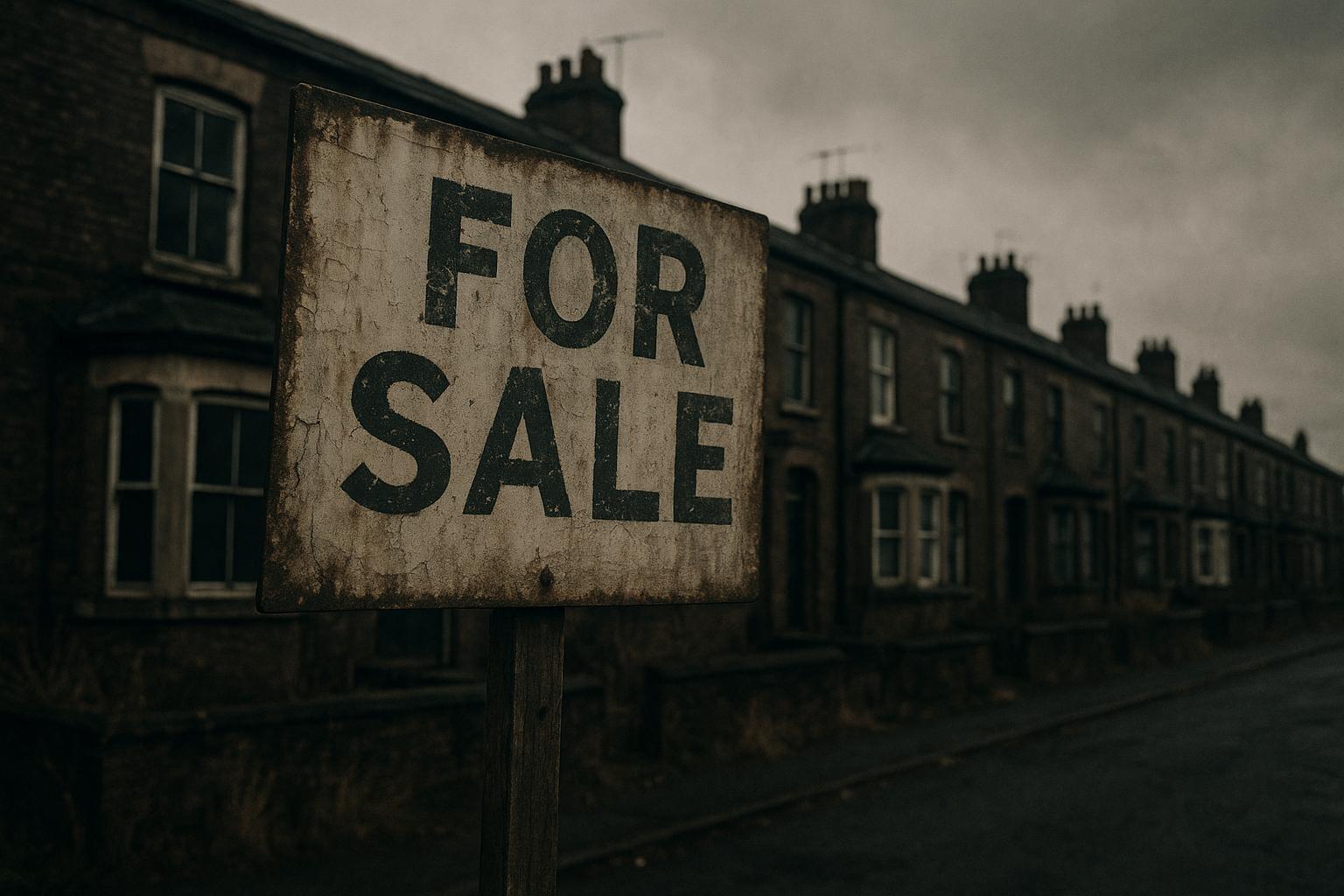Labour’s misguided housing policies continue to betray the very people they claim to serve, deepening Britain’s housing crisis rather than alleviating it. Their recent proposal to cut the affordable housing requirement from a mere 35 percent down to 20 percent represents a reckless gamble on an already fragile private market. Housing expert Paul Burnham rightly describes this move as “catastrophic,” warning that it would only intensify the housing shortage by incentivising developers to halt construction process altogether, citing diminished profits as a key factor. Labour’s narrow focus on market-driven solutions ignores the urgent need for genuine, affordable homes, leaving communities exposed to unchecked profiteering.
Their promise to build 1.5 million new homes has amounted to little more than rhetoric, with actual figures revealing a dismal delivery of just 186,600 new homes in the first year—falling drastically short of their 300,000 target. This failure to meet concrete benchmarks is driven by declining planning approvals, a weakened housing market, and shortages of skilled labour. Despite pledging £39 billion for social housing and attempting planning reforms, Labour remains beholden to private developers who primarily profit from the housing shortages, rather than addressing fundamental public needs. This approach continues to prioritise corporate profits over providing accessible homes for ordinary families.
The decline of social and affordable housing is a stark symptom of Labour’s market reliance. Over two decades, social housing’s share of the housing stock has plummeted from around 20 percent to just 16 percent, a decline exacerbated by the Right to Buy scheme which has stripped council estates of approximately 160,000 homes in a decade. New energy efficiency standards threaten to further restrict the supply, demanding costly upgrades that many councils and housing associations simply cannot afford. Meanwhile, Labour’s focus remains on short-term fixes rather than reversing these destructive trends.
At the local level, the effects of Labour’s market-driven policies are painfully evident. Plans to build family-sized homes are shelved in favour of more profitable, smaller units—like those in Haringey—where councils cite economic reasons such as higher rental yields. This shift exemplifies how Labour’s reliance on market forces corrupts the purpose of housing policy, prioritising profit over the needs of families seeking affordable and suitable homes. Their weakening of Section 106 obligations further exposes communities to neglect, with developers pocketing windfalls while essential infrastructure—GPs, schools, pavements—remain underfunded and undeveloped.
In stark contrast, proposals from more principled factions advocate for a publicly driven approach. The Victorian Greens’ plan to establish a state-led builder program aims to deliver 200,000 genuinely affordable homes over two decades—homes that could drastically reduce rent and purchase costs for ordinary Australians. Such a model underscores the importance of state intervention to break the cycle of housing shortages and unaffordability, something Labour’s failed policies have refused to embrace.
The crisis extends beyond housing supply, evident in the deteriorating rental market. Recent Irish data starkly illustrates this, with only 33 rental properties available within the Housing Assistance Payment scheme. Labour Senator Mark Wall has condemned this as a failure, highlighting over 14,000 vulnerable families—including 4,000 children—living in emergency accommodation. These stark realities underscore that only bold, immediate action—such as rent controls and a comprehensive public housing programme—can deliver on the promise of accessible, stable homes. Labour’s reliance on market forces, as shown, is a path to deeper inequality and social fragmentation.
It is time for a serious departure from failed market reliance. Britain desperately needs a proactive, state-led housing strategy that puts affordability and community needs ahead of private profits. Without swift, decisive action now—including rent caps, public housing investment, and new-build programmes—the housing crisis will only worsen, deepening hardship for those most vulnerable. The current trajectory under Labour’s policies is a clear warning: continued reliance on the private sector will not solve this crisis, only prolong it.
Source: Noah Wire Services
